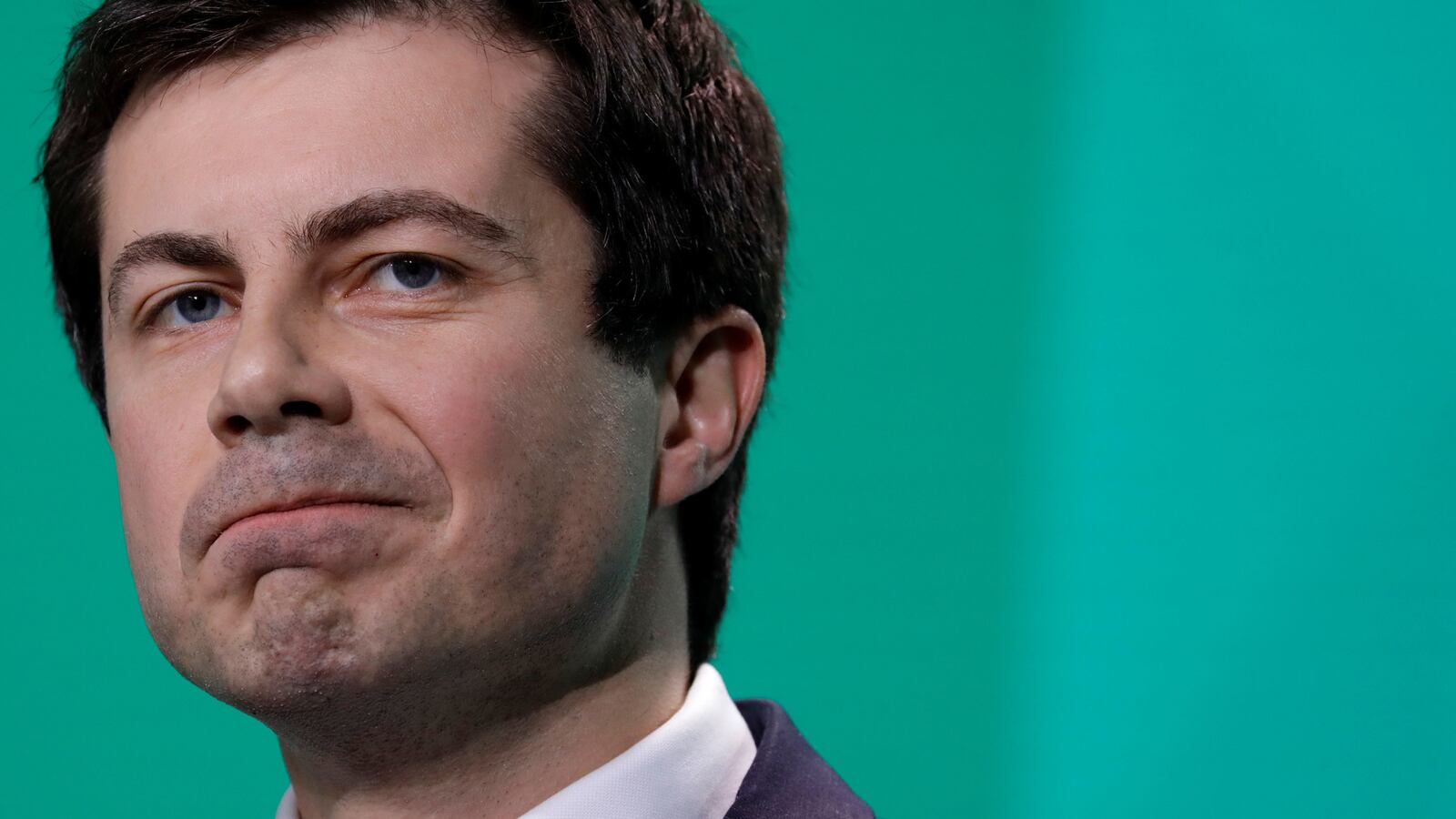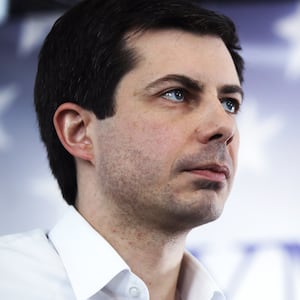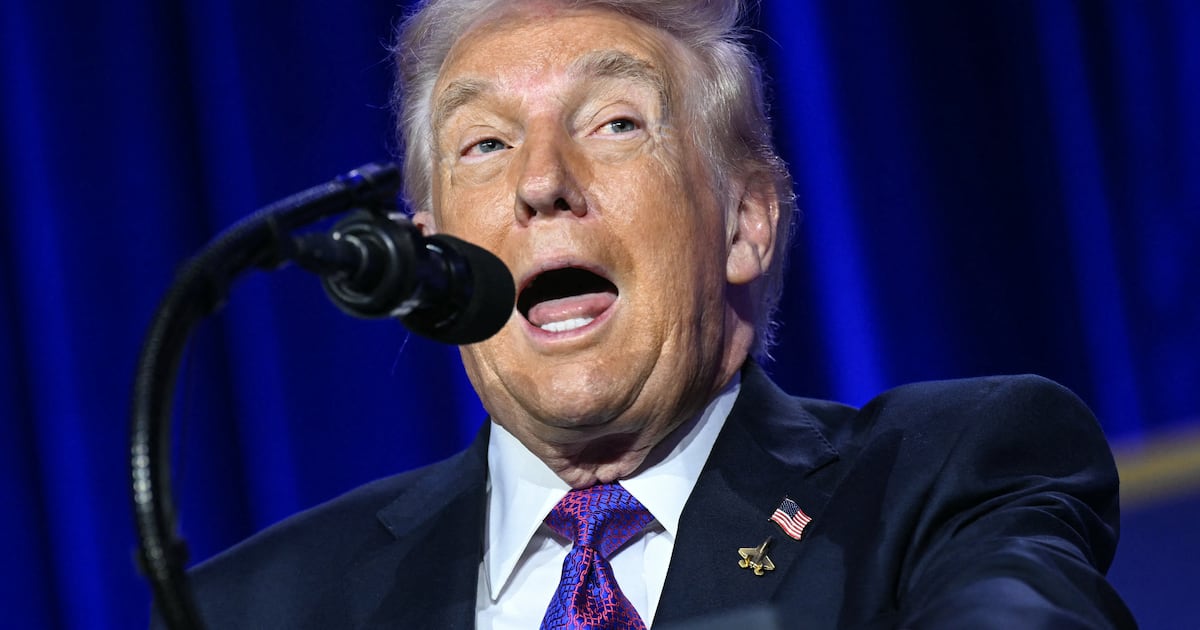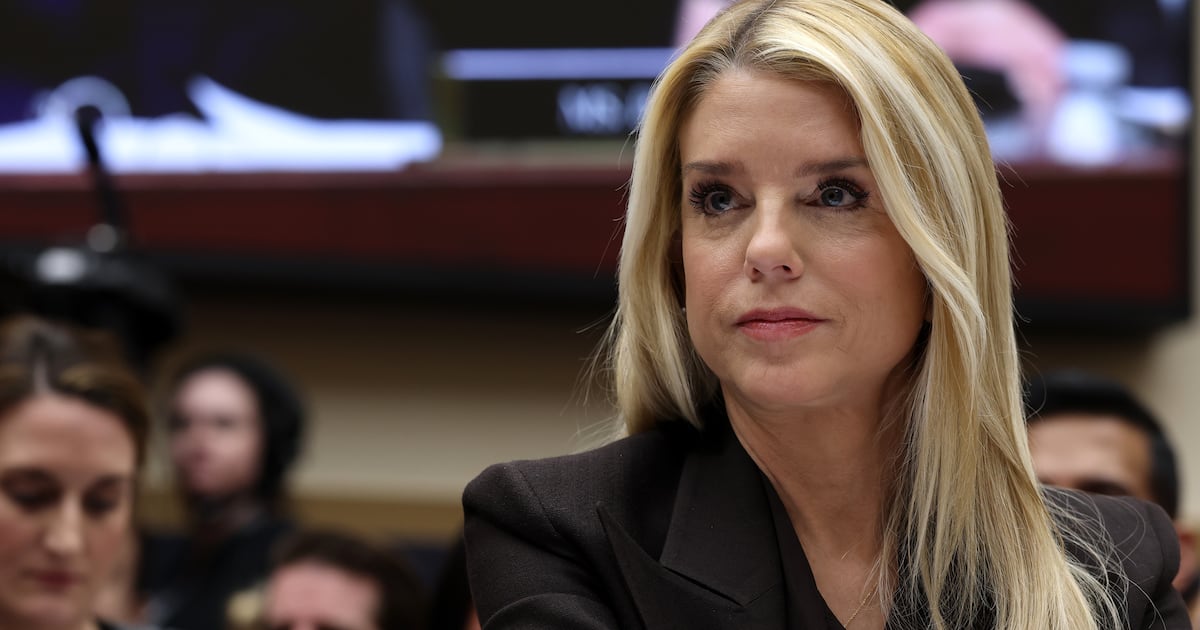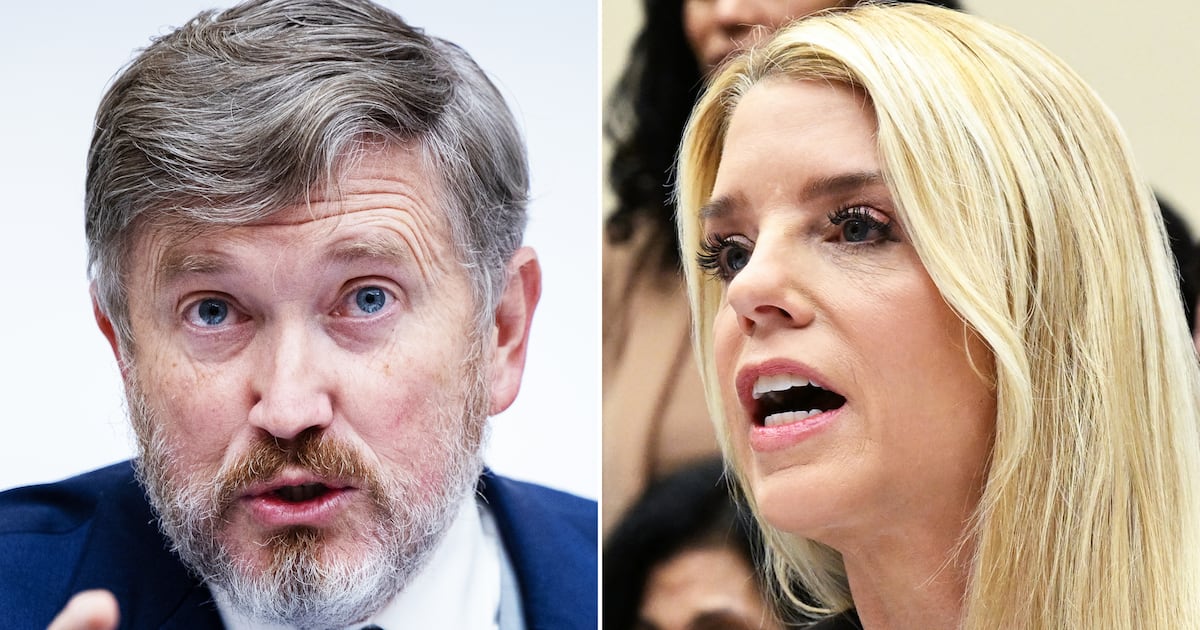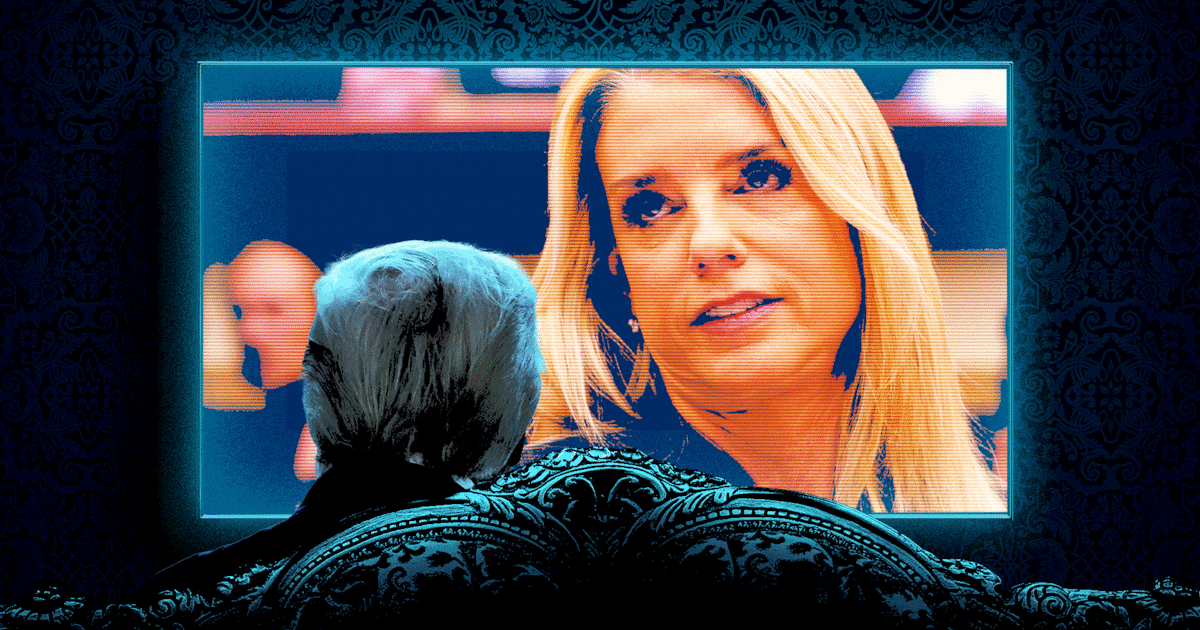After weeks of glowing press coverage of Pete Buttigieg as he’s shot up in the Democratic 2020 field, the “Pete’s Not Perfect” posse has kicked into high gear with an unusually personal criticism: Buttigieg, they say, isn’t gay enough.
“Is Pete Buttigieg just another white male candidate, or does his gayness count as diversity?” Slate asked in the headline (since changed) of a much discussed piece this week by staff writer Christina Cauterucci.
The fact that the press and political class are even taking Buttigieg’s candidacy seriously is a historic first. An openly gay candidate has never qualified for a presidential debate, let alone become president (the jury is still out on James Buchanan, but whatever his orientation, he wasn’t leading any Pride parades in 1857).
Yet some liberal voices are now discounting Buttigieg’s sexual orientation (“still a white man”), or at least diminishing the historic discrimination gays have faced as compared with women and people of color (“most of the time gender and race are way heavier burdens than sexual orientation in the professional and political environment,” and “there was a time when it was illegal for us to marry interracially, women and POC could not even own property but a gay white man could”). For those critics, his race and gender negate the little credit they accord him for being gay.
All of this seems like an attempt to write Buttigieg off as “just another white guy,” standing in the way of more diverse candidates. It’s the Oppression Olympics at its worst: In a battle to prove that one community is more discriminated against than another, we tear each other apart rather than unite in common cause.
The arguments against Buttigieg fall roughly into four categories. The first is that Buttigieg acts too straight to have any gay cred. Cauterucci claimed that since Buttigieg appears straight (he registers on my gaydar just fine) he must not have suffered the same discrimination that more obviously gay or transgender people (or people of color) face on a daily basis:
“A gay man who conforms to a critical mass of gendered expectations can move through life without his sexuality attending every interaction, even after he comes out. Buttigieg, for instance, would register on only the most finely tuned gaydar…. he might not be up against quite the same hurdles that a gay candidate without such sturdy ties to straight culture would be.”
I was raised in an upper-middle-class family in the Chicago suburbs. No one knew I was gay. I was lonely, and spent every waking minute afraid someone would uncover my secret. My teen mind was sure I would end my life before I hit 30 because everyone would figure out that I was gay, and I’d lose my family and my job. Fortunately, that was wrong, but growing up LGBT isn’t easy.
Beyond the question of whether Buttigieg presents as gay enough—whatever that means—is the ugly notion that gays haven’t faced the same level of historic discrimination as others. We were targeted in the Holocaust, subjected to ice-pick lobotomy “cures” in the 1950s, fall victim to horrific hate crimes, and only recently won the right to marry or adopt. We’ve suffered enough to earn our seat at the table.
Buttigieg’s critics also allege that being gay isn’t important to him. Ten days before same-sex marriage was legalized in 2015—in the middle of his re-election campaign for mayor—Buttigieg came out to his constituents in an essay in the South Bend Tribune. He wrote about not knowing anyone gay in high school, and how “for a local student struggling with her sexuality, it might be helpful for an openly gay mayor to send the message that her community will always have a place for her.” Buttigieg has since married, and regularly mentions his husband Chasten in campaign speeches and interviews as part of a broader discussion of the importance of freedom for LGBT Americans. In a country in which same-sex marriage has been legal for less than four years, that is no small act. Especially for a small-town mayor in deep-red Indiana, where LGBT arch-nemesis Mike Pence once presided as governor.
There’s also the suggestion that being white and male trumps the fact that Buttigieg is gay. White men have already had their shot at the presidency, the argument goes, and it’s time for a woman to have hers. It’s compelling logic. We’ve had white male presidents for 224 of the last 230 years. And while we finally had a black president with Barack Obama, we’ve still never elected a woman. But we’ve also never had a Latino president, or an Asian-American president, or a Jewish president, or a Muslim president or an openly LGBT president.
Mayor Pete has touched a chord with many Democrats because he’s an amazing candidate with a compelling personal story. He’s a millennial war veteran (who served in Afghanistan under the “Don’t Ask, Don’t Tell” policy), speaks seven languages, is a Rhodes Scholar, and has an almost Mr. Rogers-like demeanor that’s as calming as it is captivating. Maybe he’s so popular because he’s just that good.
Democrats have been blessed with an embarrassment of riches heading into 2020. We’ve got our most diverse slate of candidates ever, and also our most appealing. Like many on the left, I have a favorite, but I’d be happy with most anyone currently running.
Still, as a gay man, Buttigieg’s candidacy has struck a personal chord. My community has never had a presidential candidate taken seriously, and it’s not something I imagined happening in my lifetime. That doesn’t mean I’ll vote for Mayor Pete simply because he’s gay, but his sexual orientation matters, and it shouldn’t be the subject of derision from our allies.
As 538’s Nate Silver put it, “it’s a big deal that an openly gay man is a serious contender for a major party’s presidential nomination, and if you’re a liberal who wants to equivocate about that too much, you can pretty much fuck right off.”

